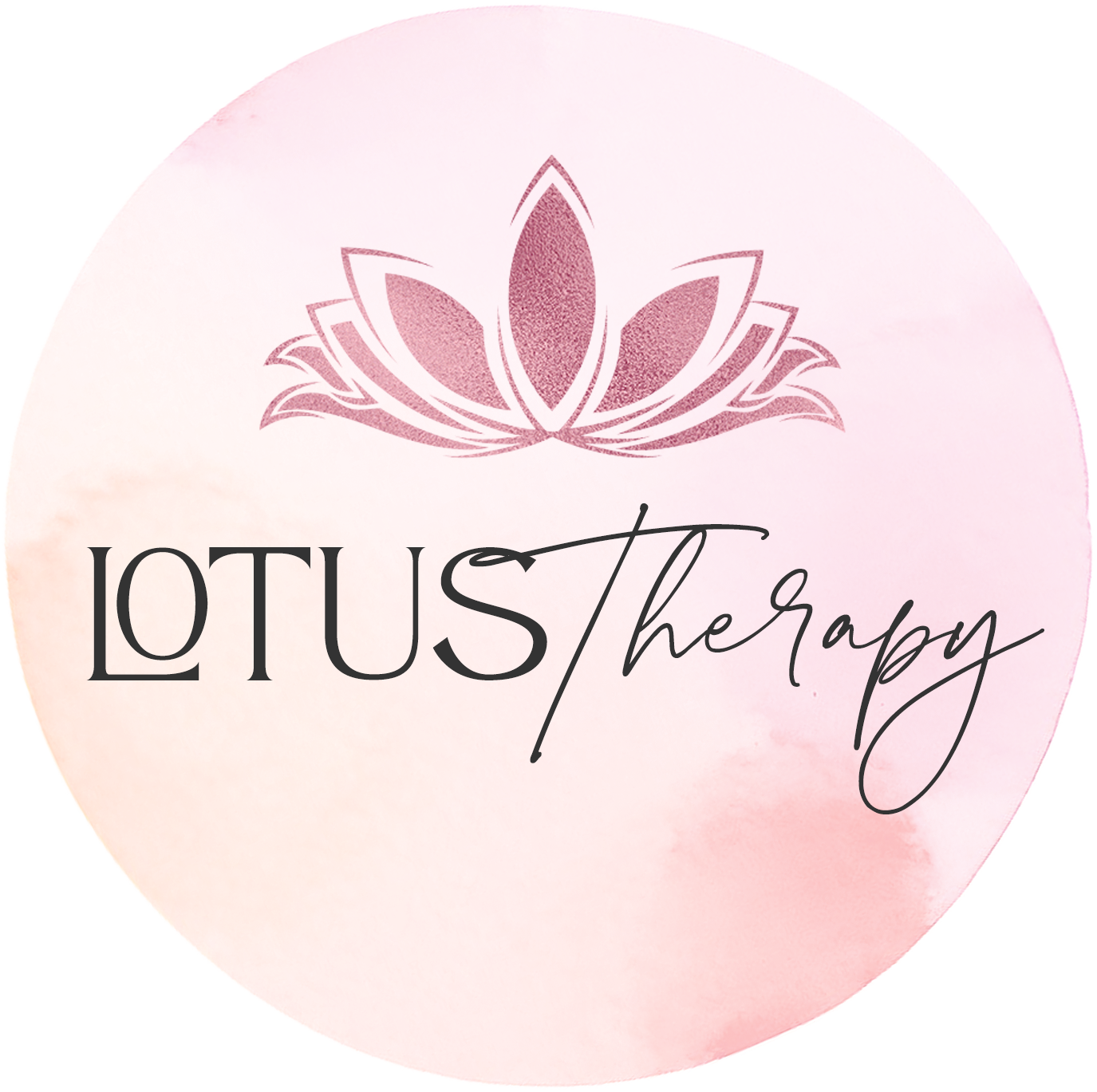Vagal Tone
The Secret to Emotional Resilience and Healthier Relationships
What if the key to handling stress, improving your emotional well-being, and strengthening your relationships was already within you? Enter vagal tone—a little-known but powerful marker of nervous system health that influences everything from how you handle conflict to how deeply you connect with your partner.
The vagus nerve, the longest cranial nerve in the body, plays a crucial role in regulating your emotions, calming stress responses, and promoting overall well-being. And the stronger your vagal tone, the better your ability to bounce back from stress, stay emotionally balanced, and build deeper, more fulfilling relationships.
In this blog post, we’ll explore what vagal tone is, how it affects your emotional and relational health, and practical ways to strengthen it for a more connected, resilient, and fulfilling life.
What Is Vagal Tone and Why Does It Matter?
The vagus nerve runs from the brainstem down to the gut, connecting with major organs like the heart and lungs. It acts as a bridge between the mind and body, regulating the parasympathetic nervous system—your body’s natural “rest and digest” state that counteracts stress.
Vagal tone refers to how efficiently the vagus nerve functions. A high vagal tone means your nervous system can quickly shift from stress (fight-or-flight) to calm (rest-and-digest), allowing you to regulate emotions more effectively. A low vagal tone makes it harder to recover from stress, leading to prolonged anxiety, tension, and reactivity.
In short, your vagal tone determines how well you manage emotions, handle relationship conflicts, and stay connected in moments of stress.
How Vagal Tone Affects Your Emotional and Relational Health
1. Emotional Resilience: Staying Grounded in Stressful Moments
Have you ever had a disagreement with your partner that left you feeling emotionally hijacked? Maybe your heart raced, your chest tightened, and it was impossible to think clearly. That’s your vagus nerve struggling to regulate your nervous system.
A strong vagal tone helps you:
✔ Regain emotional balance quickly after an argument.
✔ Avoid overreacting or shutting down.
✔ Approach conflicts with patience and understanding.
A low vagal tone, on the other hand, keeps you stuck in a heightened stress response, making it harder to resolve conflicts calmly.
2. Deepening Connection and Trust
Your vagal tone also plays a huge role in social engagement and bonding. The vagus nerve is connected to facial expressions, vocal tone, and even heart rhythms—things that influence how we communicate and connect.
People with higher vagal tone tend to be more:
✔ Open and expressive in conversations.
✔ Able to detect emotions in their partner’s voice and face.
✔ Comfortable with vulnerability and emotional intimacy.
On the flip side, a low vagal tone can make emotional connection difficult, leading to withdrawal, miscommunication, or a tendency to shut down in tough conversations.
3. Managing Anxiety and Avoiding Emotional Shutdown
When vagal tone is weak, stress lingers in the body, keeping you anxious, irritable, or emotionally disconnected. This can show up in relationships as:
❌ Feeling overwhelmed and reactive.
❌ Avoiding difficult conversations out of fear of conflict.
❌ Becoming emotionally distant when under stress.
But when vagal tone is strong, you can self-soothe, communicate openly, and recover from emotional distress faster—key elements of a healthy, lasting relationship.
How to Strengthen Your Vagal Tone for Emotional and Relationship Health
The good news? Vagal tone isn’t fixed—you can improve it through intentional practices. Just like strengthening a muscle, daily habits can enhance your vagus nerve function, making it easier to manage emotions and build deeper connections.
1. Deep, Slow Breathing (Especially Exhaling Longer Than Inhaling)
Slow, diaphragmatic breathing activates the vagus nerve and shifts your body into a calm state.
Try this:
Inhale for 4 seconds → Exhale for 8 seconds (longer exhales stimulate the vagus nerve).
Practice this before or after stressful conversations to reset your nervous system.
2. Cold Exposure (Yes, Really!)
Cold water stimulates the vagus nerve and strengthens its ability to regulate stress.
Ways to try it:
Splash cold water on your face when feeling overwhelmed or put ice/ice pack on your neck.
End showers with 30 seconds of cold water.
Step outside for fresh air on a cold morning.
It might feel uncomfortable at first, but over time, this boosts your body’s stress resilience.
3. Humming, Chanting, or Singing
The vagus nerve is directly connected to your vocal cords and inner ear. Singing, humming, and even chanting stimulate it, enhancing relaxation and emotional regulation.
Try this:
Hum your favorite song for a few minutes.
Chant “Om” (or any soothing sound) to activate the nerve.
Listen to calming music and sing along.
4. Intentional Laughter
Genuine laughter sends signals to your brain that you’re safe, activating the vagus nerve and reducing stress hormones.
Try this:
Watch something that makes you laugh.
Practice lightheartedness in your relationship—send a funny meme, share an inside joke, or reminisce about silly memories.
5. Mindful Touch & Physical Connection
Physical touch releases oxytocin, which strengthens the vagus nerve and fosters emotional connection.
Try this:
Hold hands, hug, or cuddle with your partner.
Give yourself a gentle massage (or trade massages with your partner).
Engage in mindful touch—place a hand over your heart and breathe deeply when stressed.
6. Meditation and Mindfulness
Practicing mindfulness improves vagal tone, helping you stay present, calm, and emotionally regulated.
Try this:
Spend 5 minutes each day focusing on your breath.
Do a simple body scan meditation—notice sensations without judgment.
Practice gratitude—it shifts your nervous system into a state of connection and safety.
Final Thoughts: Why Vagal Tone Matters for Love and Connection
Your nervous system health directly impacts your relationships—how you respond to stress, how deeply you connect, and how well you communicate under pressure. By strengthening your vagal tone, you become more emotionally resilient, present, and capable of handling conflict with grace.
Instead of being trapped in stress cycles, you can respond rather than react, connect rather than withdraw, and build a relationship that feels safe, loving, and deeply fulfilling.
Want to dive deeper into emotional regulation and relationship resilience? I’m here to help. Contact me today for personalized strategies to improve emotional balance and connection in your relationship.
As a couples therapist based in Lakeland, Florida, I offer personalized counseling services to help couples strengthen their relationships. If you feel that professional help could benefit your relationship, don’t hesitate to reach out! If you're looking for something more personalized, I invite you to contact me for a consultation or book a session. Together, we can work towards building a more intentional and fulfilling relationship.
Written By: Crystin Nichols MS, RMFTI

